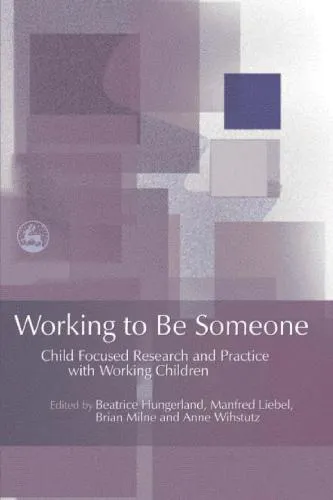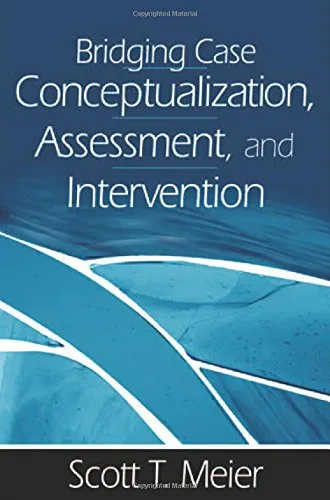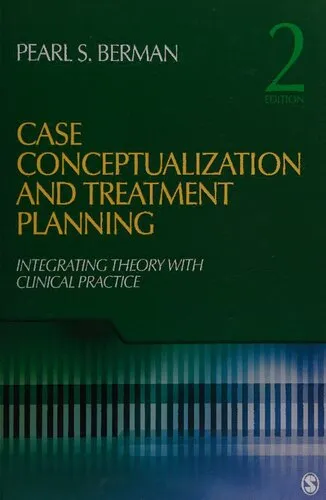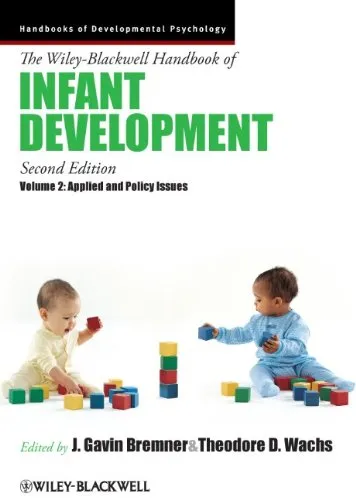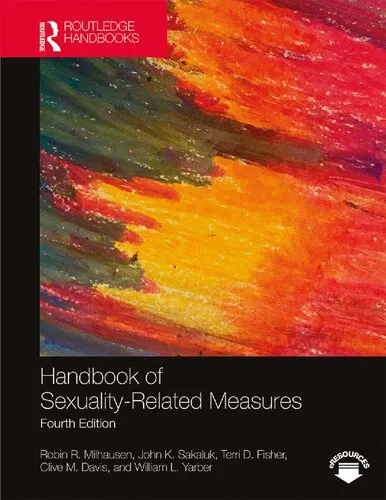Research and Practice in Intellectual and Developmental Disabilities
4.5
Reviews from our users

You Can Ask your questions from this book's AI after Login
Each download or ask from book AI costs 2 points. To earn more free points, please visit the Points Guide Page and complete some valuable actions.Related Refrences:
Analytical Summary
The book section titled Research and Practice in Intellectual and Developmental Disabilitiespp.178—181 occupies a distinctive place within scholarly discourse on disability research. By concentrating on both rigorous academic inquiry and its practical implications, it bridges the essential gap between theory construction and the application of interventions in real-world contexts. Readers are guided through a dense yet navigable exploration of methods, case analyses, and conceptual frameworks that inform essential developments in the field.
Within these pages, the discussion synthesizes empirical findings with reflective commentary, offering insight into how research can actively inform and transform practice. Such a synthesis is especially important for those engaged in intellectual and developmental disabilities research, where the variability of individual needs requires nuanced approaches. The structure of the section ensures that complex statistical outcomes are interpreted with clarity, highlighting patterns and outliers while anchoring their relevance to day-to-day practices.
Although specific publication year details remain information unavailable due to no reliable public source, the thematic resonance of this section persists across academic cycles. The work reflects a multi-disciplinary orientation, drawing from psychology, education, social work, and public health domains to articulate a comprehensive understanding of applied disability research.
Key Takeaways
From these pages, readers will distill critical lessons about interplay between empirical evidence and actionable practice. The guidance offered is not only theoretical but directly relevant to professional contexts.
First, the section underscores the necessity of evidence-based interventions tailored to individual profiles within intellectual and developmental disabilities populations. Second, it addresses methodological rigor, urging practitioners to engage with research designs that are both ethically sound and pragmatically viable. Third, it stresses collaboration across professional boundaries, advocating for integrated service models. Fourth, readers are encouraged to view data as a tool for advocacy, translating quantitative outcomes into policy language. Finally, it prompts continual reflection, acknowledging that best practices are dynamic and evolve alongside emerging evidence.
Memorable Quotes
Several statements within this segment of the book capture its enduring scholarly and practical value.
“Effective practice in intellectual and developmental disabilities emerges when robust evidence meets compassionate implementation.” Unknown
“Collaboration is not an optional addition to research—it is its lifeblood.” Unknown
“Data gains meaning when it drives change that dignifies human experience.” Unknown
Why This Book Matters
Research and Practice in Intellectual and Developmental Disabilitiespp.178—181 matters because it navigates the intricate interplay between scholarly rigor and real-world applicability. Intellectual and developmental disabilities research can be fragmented if left within niche academic boundaries; this section advocates for dismantling those boundaries.
Its approach is valuable for both emerging scholars and seasoned professionals who grapple with translating research into everyday interventions. By offering a roadmap from data gathering through interpretation to applied action, it confronts the common disconnect between research output and service implementation. This is especially critical in environments where funding, policy, and public perception influence service delivery models.
Ultimately, the themes reinforced here contribute to a larger movement toward systemic change, ensuring institutions embed inclusivity and individualized care at the heart of their operational frameworks. Such systemic reorientation cannot occur without integrating the academic insight this section offers.
Inspiring Conclusion
By the time readers complete Research and Practice in Intellectual and Developmental Disabilitiespp.178—181, they will have encountered a meticulous, humane, and forward-thinking investigation into the real power of applied research.
It offers more than mere academic enrichment; it builds a toolkit for tangible change in professional practice, informed by intellectual and developmental disabilities research and guided by principles that respect complexity and individuality. Readers are urged to take the next step: read deeply, discuss widely, and integrate these insights into their domains of influence. In doing so, they not only honor the spirit of this work but actively contribute to an ever-improving landscape of disability services and scholarship.
Free Direct Download
You Can Download this book after Login
Accessing books through legal platforms and public libraries not only supports the rights of authors and publishers but also contributes to the sustainability of reading culture. Before downloading, please take a moment to consider these options.
Find this book on other platforms:
WorldCat helps you find books in libraries worldwide.
See ratings, reviews, and discussions on Goodreads.
Find and buy rare or used books on AbeBooks.
